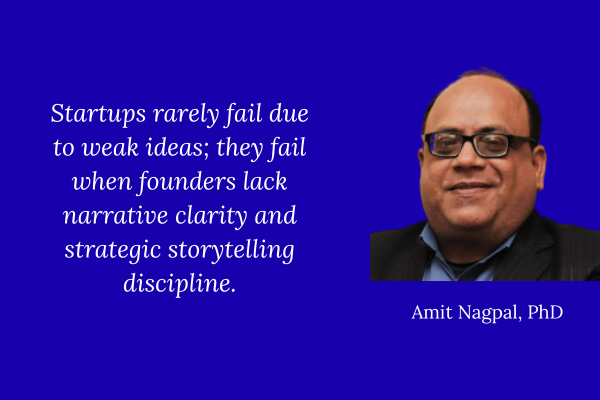Does mentoring makes good business sense?
It can be lonely at the top and running your own business is no exception. Being your own boss often involves making tough decisions without anyone to turn to for advice or support.
A good business mentor can help bridge the gap providing expert guidance and an invaluable sounding board that can make the difference between business success and failure.
But what is mentoring and how can it help SME owners and managers?
In a nutshell, mentoring is a one-to-one relationship which helps entrepreneurs to learn and develop their business. It provides a useful second opinion offering constructive,
impartial feedback and a different perspective on issues that arise within the business.
Well-mentored individuals have more confidence in their business skills, decision-making and problem solving abilities and are often happier, more driven and productive as a result.
What makes a good business mentor?
The best business mentors bring a wealth of knowledge and experience to SMEs and put this experience to good use steering mentees towards acquiring new skills and greater understanding. They help entrepreneurs stay focused and above all, on track.
Good mentors are often from outside the SME, bringing a much-needed external perspective as well as an ability to expose
mentees to new business tools and techniques, a wider network of business contacts, professional events and case studies.
What will a good business mentor not do?
Any business mentor worth their salt will not do all the work for their mentees or try to take over. However, when it is needed, they can share experiences and may provide useful tools to help guide the business towards greater success. The best mentors acknowledge their mentees actually already have the answers and it is their role to draw them out.
What are the top ten tips for working with a business mentor?
(1) Pick the right person for you – don’t go with the first mentor you meet. Spend time with prospective mentors and make sure you like who you choose.
(2) Trust is key – in order to get the most out of mentoring you must be willing to discuss the business issues concerning you.
(3) Set the ground rules – get the boundaries and ground rules right at the beginning of the relationship to help things run smoothly from the word ‘go’.
(4) Have a plan – develop an action plan clearly setting out specific goals and desired learning outcomes within the required timeframe.
(5) Track progress – continuously monitor progress and evaluate outcomes
(6) Learn from each other – mentoring is not a ‘one way street’. It is a learning and development opportunity for both mentor and mentee.pare to be challenged – accept that a mentor will challenge your ideas and thoughts and view it as constructive criticism.
(8) Absorb as much as you can – accept as much information and help that you can and never be afraid to ask for more help.
(9) Fools rush in – don’t rush headlong into actions but take time to consider carefully your options
(10) Mentoring makes good business sense – expert, impartial, sound business advice is priceless and will be critical to your business’ success – make sure access to a good mentor is part of your business strategy.
Mentoring is not to be taken lightly but in the right hands, is a powerful and cost-effective method of encouraging enterprise, helping owners and managers and would-be entrepreneurs realise their business goals and ultimately their full business potential
Author Profile
Latest entries
Uncategorised22 February 2010Business mentoring for SMEs













